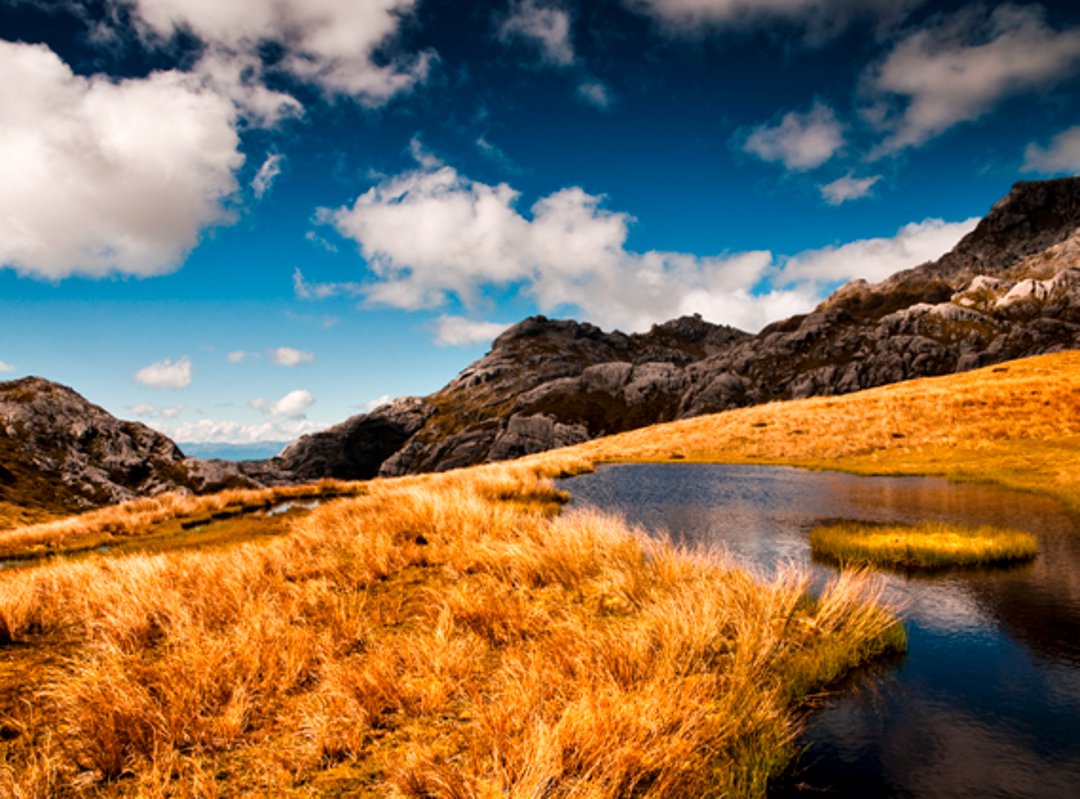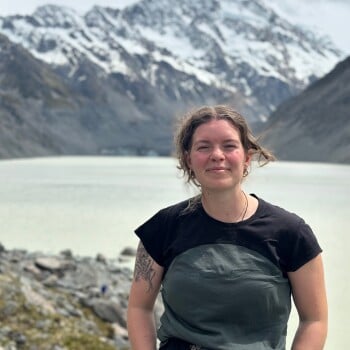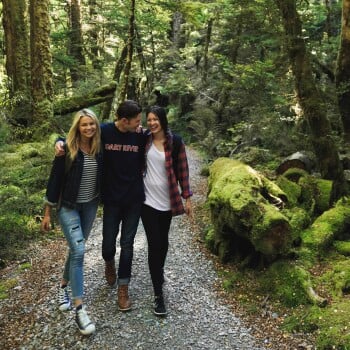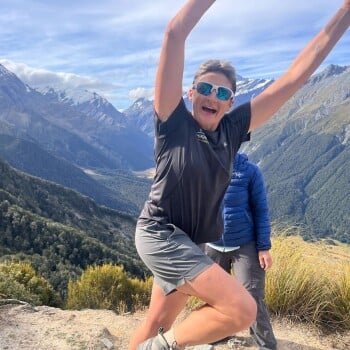- About Us
-
Trips
-
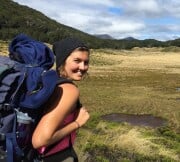 Kiwi-Style Hiking
Kiwi-Style Hiking
-
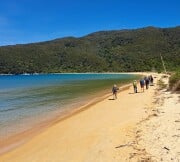 Great Walks
Great Walks
-
 Hiking Tours
Hiking Tours
-
Alpine Hikes
-
Custom Groups
- Huayhuash Trek
- Family Northern Explorer
- Family Southern Explorer
- Lake Waikaremoana Hike
- Women's Custom Tours
- Women's Southern Wilderness
- Coast, Canyons and Mountains
- Coastal Wanderer Custom Tour
- Don't Cross the Ladies
- Secret South Custom Tour
- Tekapo Hike
- West Coast Custom Tour
- World Heritage Custom Tour
-
- Blog
- Shortlist
- About Us
- Trips
- Blog
- Shortlist

Jul 10, 2024
Arranging numerous trips for people from all over the world, we have come across the same questions over and over. Hence, we put together an FAQ list, which will hopefully help you organise your next trip to New Zealand.
Do I need vaccinations to visit New Zealand?
You do not need any other vaccinations to visit New Zealand as we are generally human-harmful and disease-free. We do however have very strict regulations regarding bringing plant, food and animal products into the country to mitigate these diseases. Read the customs declaration form carefully on arrival into the country and if in doubt declare – it is better to be told what you have is safe than face a NZ$400 fine for having prohibited items in your luggage.
We have written a blog on Health Tips For Travellers. This blog will give you helpful hints on travel insurance, emergency services and our ACC system.
Do I need to book ahead for accommodation and activities?
After April school holidays through to the end of October you should always be able to get accommodation as you travel. During the peak summer season from November through to March it can be difficult to find accommodation in travel hotspots if you have not booked ahead.
You can generally join day activities by just booking a few weeks ahead, but make contact with individual operators early on, however and check on their recommendations as you don’t want to miss what you came to see and do.
Is it safe to book online with a New Zealand accommodation or activity operator?
The consumer protection laws in New Zealand cover your rights after purchase and every company must comply with these laws.
Many tourism companies are also Qualmark accredited, which is our tourism quality assurance system.
Any commercial or organised activity within our National Parks needs to operate with a Department of Conservation Concession. Do ask the company if they have a concession as it not only means that the operator financially contributes to the preservation of the DOC estate, it also means they have been safety audited either through Qualmark, Outdoors Mark or equivalent.
What will the weather be like in New Zealand?
The weather is generally changeable and varies hugely from the east to west of the country. Warmth, rain, sun, snow, hail, can happen any time of year and anywhere in this temperate, ocean-controlled climate. Spring is September through to the end of November, Summer: December - February, Autumn/Fall: March-May and Winter: June - August.
If you want to know more, check out our blog about the Best Time to Hike in New Zealand
Is it safe to drink the water?
Yes, in New Zealand it's nearly always okay to drink the tap water, if it isn’t, there are notices telling you. In almost all the backcountry places we go hiking we are lucky enough to be able to drink the water straight from the streams and rivers – just check with your guide. Be environmentally friendly and bring a reusable drink bottle.
Are there any dangerous animals in New Zealand?
New Zealand does not have any snakes, bears, lions or alligators. We have a small poisonous spider called the katipo that is so rare that it was recently made a protected species. At certain times of the summer and autumn, wasps can be a problem in some of our beech forests. Otherwise, it is great to climb through the bush and lie in the grass without a thing to worry about.
Is tipping expected in New Zealand?
Tips for gratuities are not expected in New Zealand. However, tipping is becoming more common in recognition of exceptional service – especially in tourist regions.
We have a minimum wage in New Zealand so all workers, regardless of their employment will be receiving at least the minimum wage. Hospitality staff do not work only for tips, but if the service is excellent a tip is appreciated. Tipping transport providers such as coach and taxi drivers is not common practice here. If you join an activity or guided tour and the guide does an exceptional job they will not expect a tip, but will no doubt appreciate receiving one if offered.

